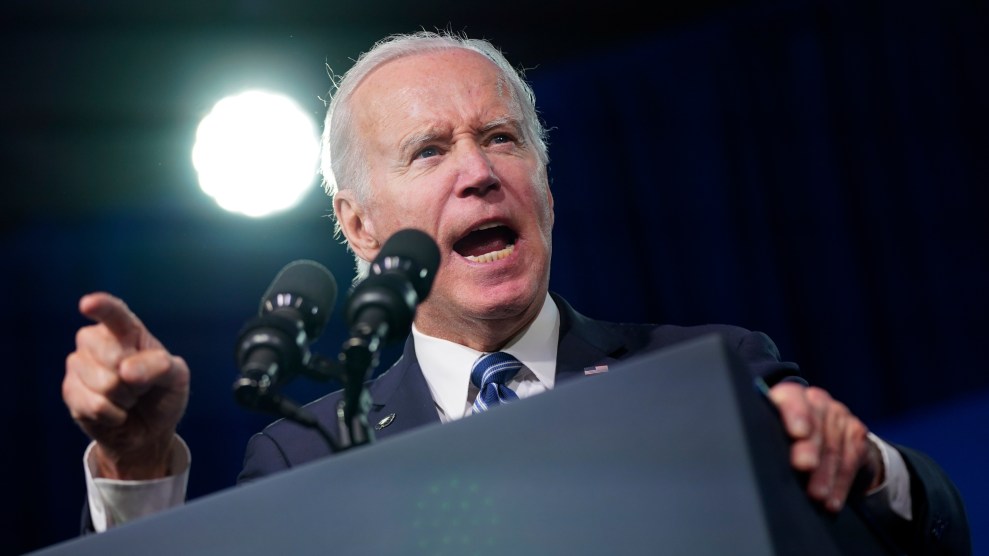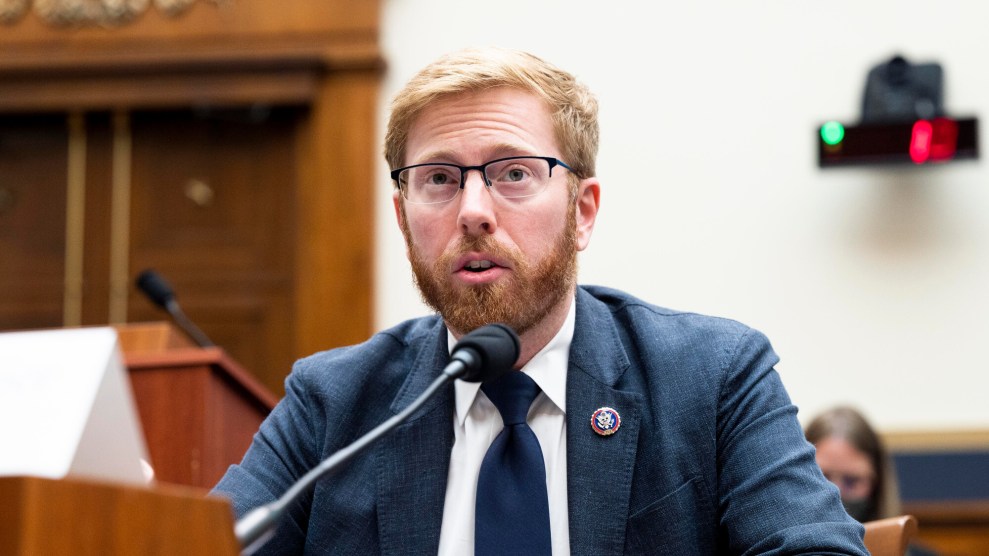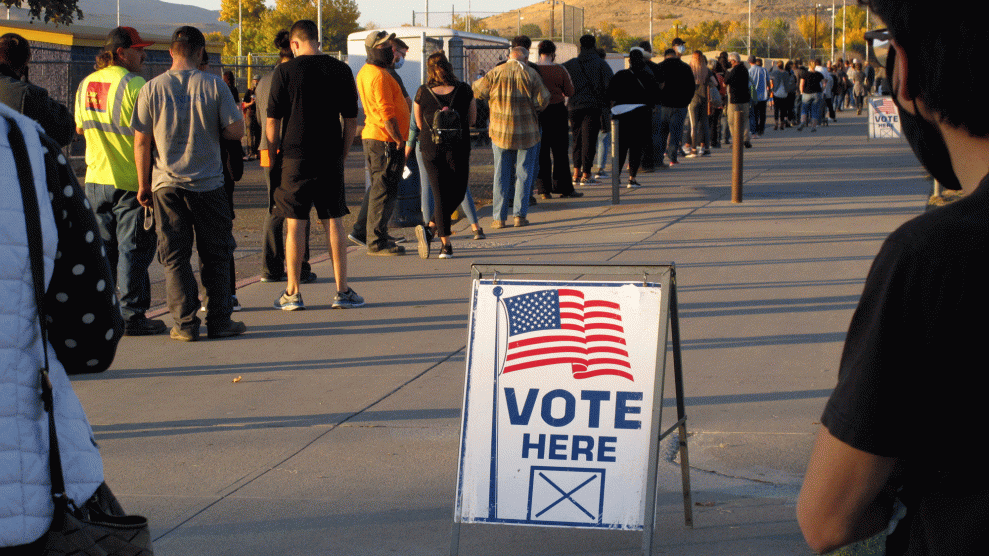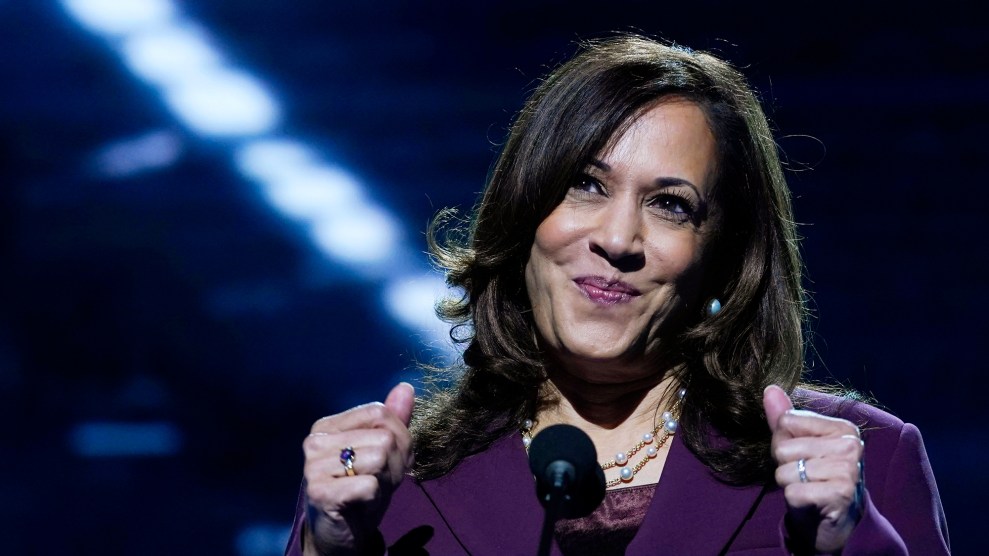
President Biden himself championed the historic shake-up. Here he is speaking at the DNC's winter conclave on Friday.Patrick Semansky/AP
Bucking decades of political tradition, the Democratic National Committee (DNC) voted for a new line-up of early primary dates in the 2024 presidential cycle. It was a long-awaited move that top Democrats, including President Joe Biden, have championed for years in hopes of making the country’s nominating process more representative of the party’s voters.
The calendar assigns South Carolina as the first state to hold a 2024 presidential primary on Feb. 3, 2024, followed by New Hampshire and Nevada on Feb. 6. Georgia and Michigan would also move up in the nation’s primary order, whereas Iowa—which has been the first state to participate in the nominating process for decades—would be moved out of the early window entirely.
The DNC’s goal is to make the nominating process more equitable. Iowa and New Hampshire have long been the first states to get a say in which candidate should be the party’s nominee for President, but those states are not among the most racially or economically diverse, and people of color make up sizable blocs of the party. “Our early states must reflect the overall diversity of our party and our nation—economically, geographically, demographically,” President Joe Biden wrote to the DNC’s Rules and Bylaws Committee in December. “This means more diverse states earlier in the process and more diversity in the overall mix of early states.”
So congrats to South Carolina, Georgia, Nevada and Michigan for moving up in the (political) world? Not so fast.
New Hampshire has a state law that stipulates it must be the first state in the nation to hold presidential primaries. Changing this law may be difficult given that Republicans control both chambers of the New Hampshire legislature and the governor’s mansion and aren’t eager to comply with DNC rules. New Hampshire Democrats aren’t exactly trying very hard to get their state Republican counterparts to help them on this matter, either.
At a press conference hosted by the New Hampshire Democratic Party on Friday, leaders proposed proceeding with an unsanctioned Democratic primary the same day as the Republican one, in order to still be ahead of South Carolina. “New Hampshire is going to be first,” New Hampshire Democratic Party Chair Ray Buckley said.
If they went ahead with this plan, the DNC may block the state from sending delegates to the Democratic National Convention.
There is also grumbling in Republican-controlled Georgia. State leaders there say the state has to hold nominating primaries for both parties on the same day. “Our legal team has continuously stated that both party primaries are going to be on the same day and we will not cost anyone any delegates,” said Georgia Deputy Secretary of State Jordan Fuchs.
Iowa has been the first state to participate in the presidential primary process with its unique caucus-nominating system since 1972. Like New Hampshire, its state laws also include stipulations about needing to go before other states. But Republicans control the state legislature there as well, and have said they do not plan to change the date of their primaries to comply with a DNC shake-up.
So what do we know for sure about the 2024 nominating calendar after this first-of-its kind vote? Not much.
“We can pass this calendar,” Iowa DNC committee member Scott Brennan said Saturday, “but we will leave here with absolutely nothing settled.”









